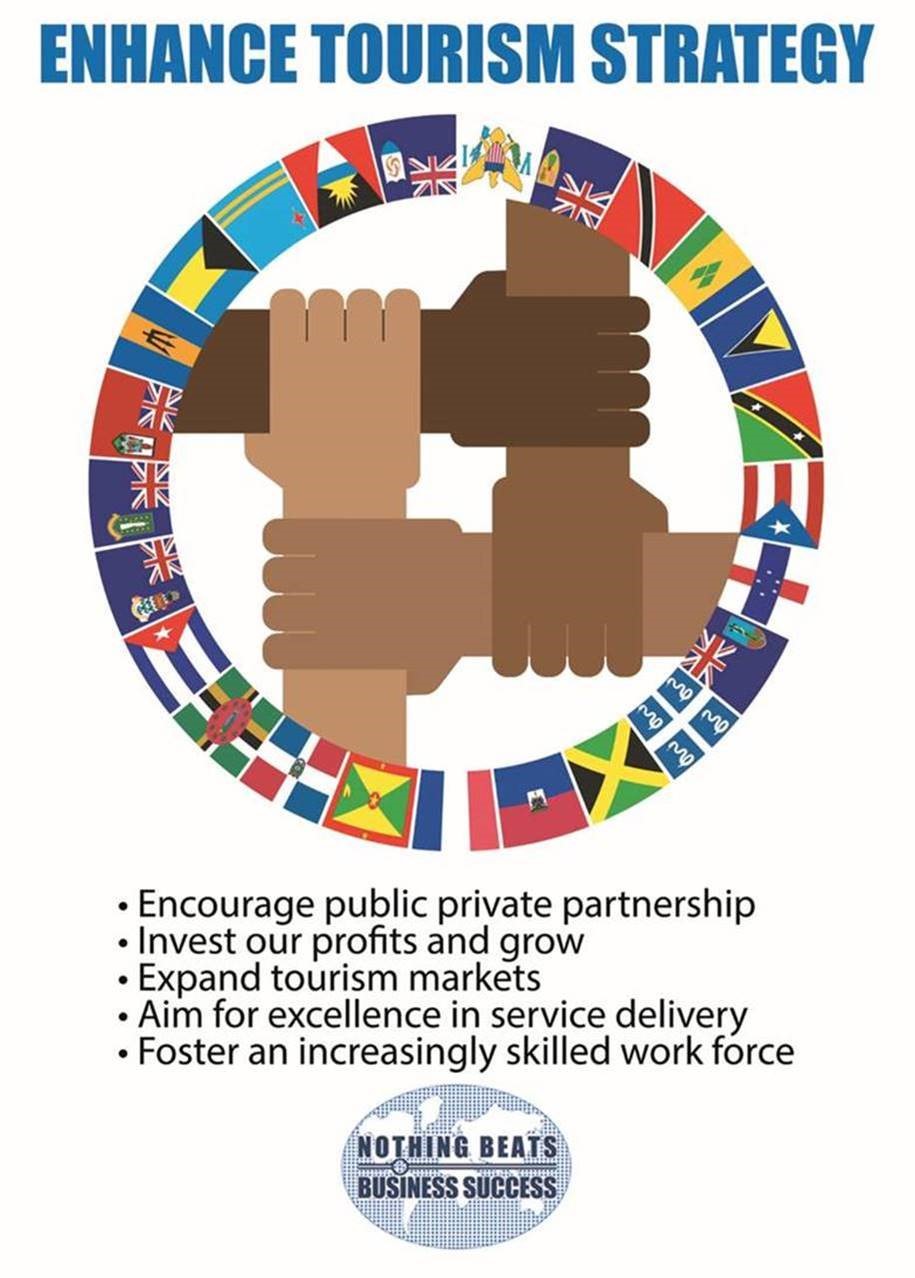“When people do not accept divine guidance, they run wild. But whoever obeys the law is joyful.” – Proverbs 29:18
When I returned to the Caribbean in 1968, I was thrust in the “deep end” with a mandate to develop a biometrics unit in the Faculty of Agriculture at the University of the West Indies in Trinidad. I was told then by my seniors that the agricultural diversification challenges of the day were similar to those faced by the Moyne commission, 20 years earlier, as it attempted to address a post-colonial vision for the growth of the West Indian economies. Over 50 years have since elapsed and we are still “spinning top in mud”, instead of making the top soil work for us through innovation, as it did, albeit with the help of slaves, to create gold (sugar) for the United Kingdom beginning in the 17th century.
Sixty years ago, we embarked on the challenge to exploit another pan-Caribbean economic growth opportunity, the tourism industry. We have made significant progress and must now build on this knowledge to experience even greater success.
Here is a suggested five-point sustainable tourism strategy. (1) Governance – The regional public and private sector bodies and their members, Caribbean Tourism Organization and Caribbean Hotel and Tourism Association, must work together in harmony towards a bond of unity and to share successes for the good of all. Tourism is no longer simply “sun, sand and sea” but now embraces leisure, hospitality, cruise, education, sports, MICE (meetings, incentives, conferences and exhibitions), winter homes, wellness, health, eco, community and agriculture linkages.
(2) Investment – Invest our profits and grow the industry thus reducing leakages to external economies and minimizing the need for foreign direct investment. The Sandals Resorts Caribbean brand, which originated in Jamaica, now has 16 resorts in six Caribbean countries. This is an example to be emulated.
(3) Markets – One way to expand profits is to diversify products and services but another is to take profit centres and expand them into emerging markets. Successful economies around the world have residents who are in search of diversifying their tourism destinations and services and who have growing disposable incomes. We need to enhance our global public relations and mine some of these “relatively low hanging fruit” markets.
(4) Operational excellence – As we diversify our products and our markets, we must realize that increased productivity and excellence in service delivery are important for cruise and stayover guests, if we are to increase our competitiveness.
(5) Skilled work force – Training for succession planning is paramount. Innovative projects like the Caribbean Media Exchange for Sustainable Tourism (CMEx), which was mounted in 2001, is an example of how young media practitioners were exposed to the real challenges of the tourism sector.
The Caribbean tourism sector and its linkages must be mobilized as the stellar component of a national and regional economic growth strategy. Much has been learned and much success has been realized over the last 50 years. Let us now build on our public and private sector experiences, invest our profits and grow to higher levels of success, sharpen our public relations services to communicate the benefits of our premier warm weather destination internally and externally, aim for excellence in service delivery to match the expectation of our clientele, and nurture an increasingly skilled work force. Let us make it happen as we embark on our journey through 2019.
Happy Errol Barrow Day as we celebrate the 100th birthday of the father of our nation and our National hero!

